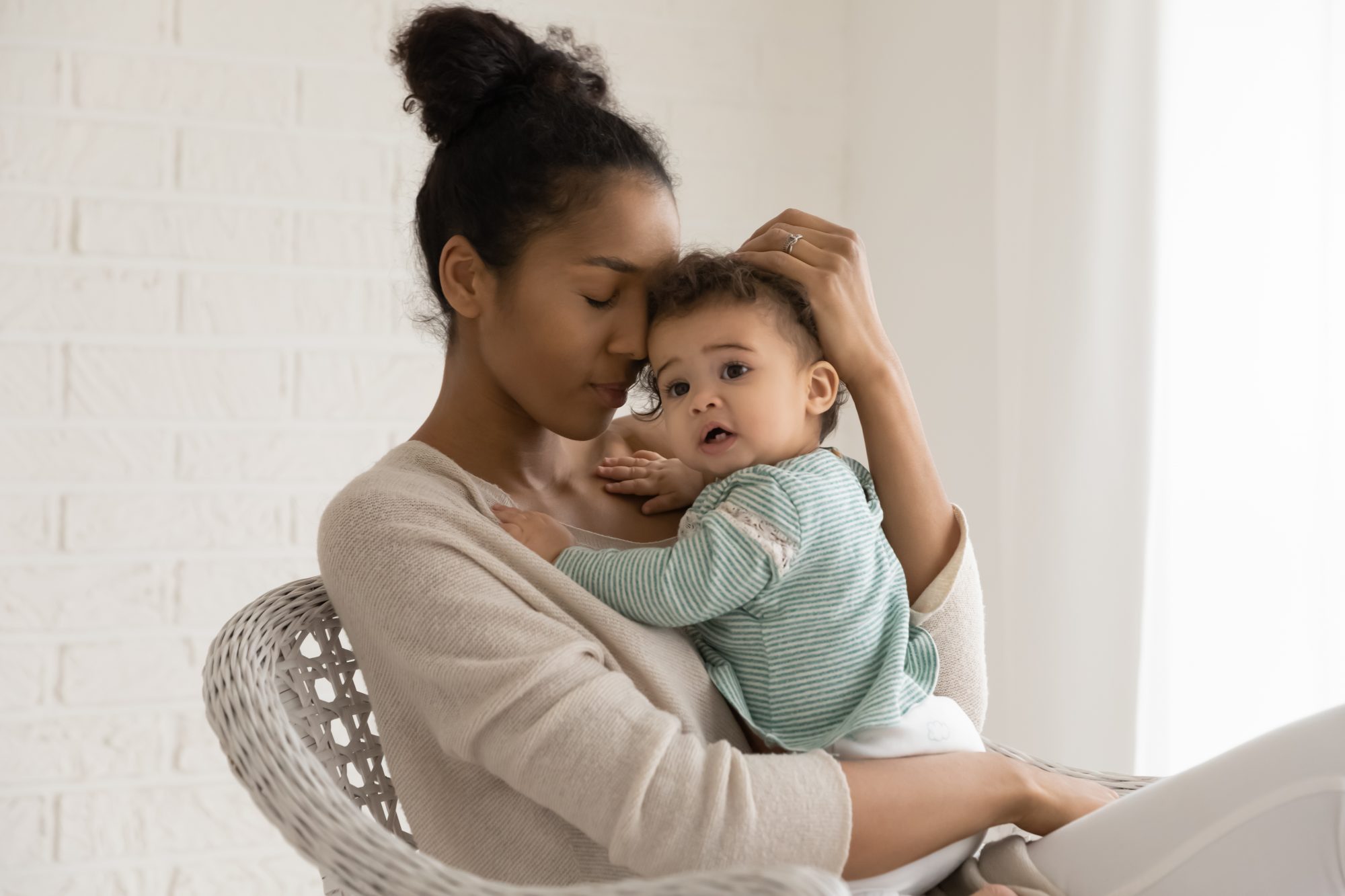The Women’s Budget Group (WBG) highlight a critical lack of support for childcare costs in the latest Spring Budget
According to the WBG an estimated 1.7 million women are prevented from taking on more hours of paid work due to childcare issues. However, the Spring Budget provided no additional support for the childcare sector – or for families facing childcare costs.
In their assessment, the group said: “Lack of access to high quality childcare can leave disadvantaged children behind before they have even started school”.
How has COVID impacted childcare costs across the UK?
The COVID-19 pandemic and the government’s response has exacerbated the pre-existing crisis in childcare. With continued underfunding, according to research done by WBG in the six months up to March 2021, there was a 4.4% net loss of childcare providers and 1.1% net loss of childcare places, driven mostly by childminders leaving the sector.
The UK has the second most expensive childcare system amongst the richest countries, between 2012 and 2022 UK childcare costs increased at twice the rate of wages – 35.6% compared to 17.8%.
The WBG describe women as the “shock absorbers of poverty” – due to their likelihood of having the main responsibility for food, children and the management of household budgets.
According to a Nottingham University based study, after the pandemic hit, employed women were doing much more housework, more childcare and more home-schooling than men during the pandemic. The study also revealed that as of 2020: “Women were far more likely than men to reduce their hours or adapt work schedules because of the time being spent in childcare/home-schooling.”

In their response to the spring budget the WBG points out; “Childcare is an essential service without which – especially mothers – cannot work.” However, the provision of accessible childcare continues to fail as a key priority for political leaders.
“Childcare is an essential service without which – especially mothers – cannot work”.
Since 2016, the childcare element of Universal Credit has been frozen. Now, the Government’s efforts to encourage families off benefits and into work happen at the cost of childcare support options for families.
The WBG states in their Spring Budget 2022 Pre-Budget Briefings that: “One third of parents using childcare say their childcare payments are bigger than their rent or mortgage. This rises to 47% of those with a Black ethnic background and 42% of those receiving Universal Credit”.
WBG suggest increasing Child Benefits to £50, immediately
The WBG released their own set of recommendations for the Chancellor, to help support families with the cost-of-living crisis. The group feel as though the budget has not aptly targeted those who need help and believe that these recommendations will.
The WBG recommendations for the UK Government:
- The group are calling for an increase in benefits to keep pace with inflation
- The abolition of the benefits cap and the two-child limit
- The conversation of Universal Credit advances into non-repayable grants
- Increases in ESA, Jobseekers’ Allowance and Statutory Sick Pay
- And increase in Child Benefits to £50
- And an end to the “No Recourse to public funds” condition, which excluded many migrant women from support
The WBG analysts highlight that the current cost of living crisis is not just the product of supply chain issues, energy price hikes and the war in Ukraine. Looking at the larger picture, they suggest that a decade of austerity policies, low wage rises and cuts to social security have left many people in poverty.
In a policy briefing, they further said: “While the richest households saved money during the pandemic, the poorest fell further into debt, with no cushion to cope with rising prices now.”











